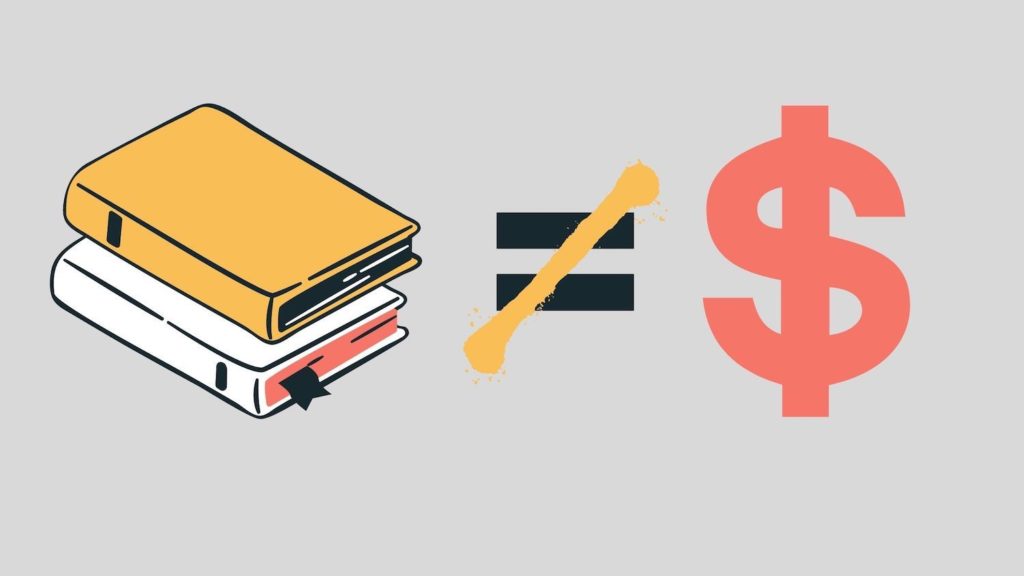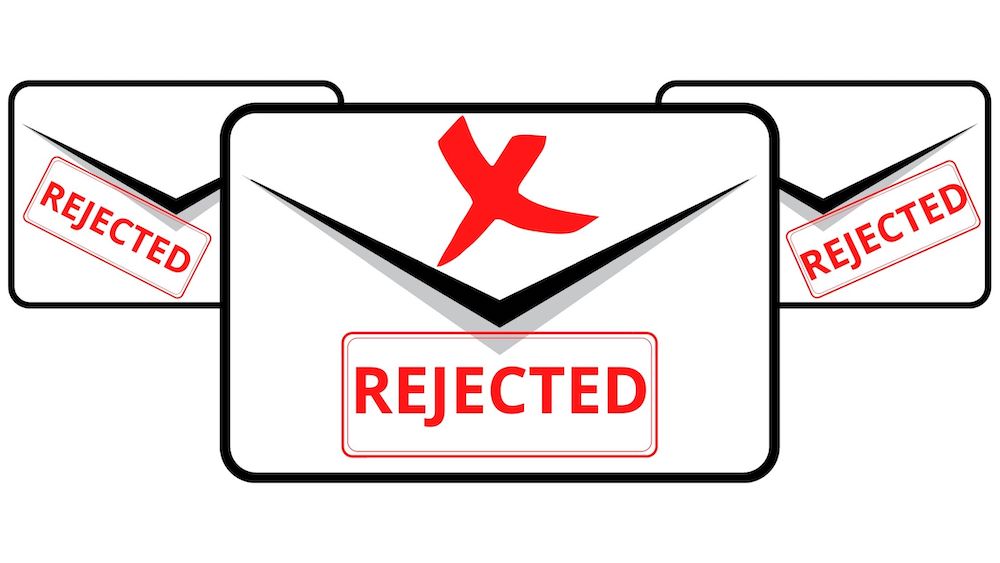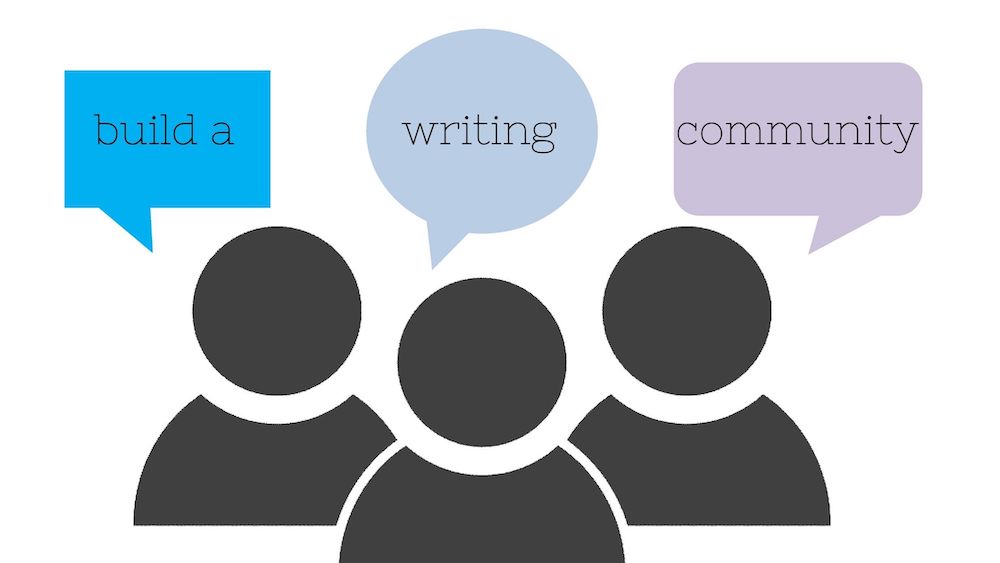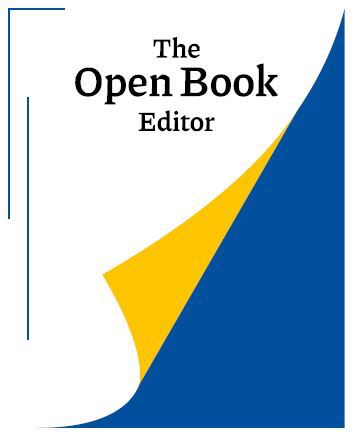Over 50% of Britons would like to write a book, or view being an author as a desirable job. What’s not to love about making your own schedule, choosing where you work, and putting stories down on paper? Although the writer’s life may sound like a dream (and in some ways it is), it’s far more challenging than many expect.
We only need to look at Edward Arthur Blair (aka George Orwell) to understand a writer’s life is far from easy. Orwell once described writing as an “exhausting struggle, like a long bout of some painful illness. One would never undertake such a thing if one were not driven on by some demon which one can neither resist nor understand.” That’s not to say all aspects of the writer’s life are awful. But neither does the success of famous authors, like Orwell, Rowling, and King, often reflect the average writer’s experience.
If you’re feeling the pull of the writer’s life, but aren’t sure what to expect, read on for six things no one tells you about being a writer that you ought to know.
Don’t worry, it’s not all doom and gloom! We also cover some motivational tips to keep you inspired, as well.
1. Making a living is hard

Publishing is more competitive today than ever before, and large advances are few and far between. This doesn’t mean you can’t make a living as a writer, but you must manage your expectations. Even if you do make money off your writing, it’s very rare for new authors to earn large contracts, and you’ll likely have to supplement your income.
In 2018, the average advance for a debut author was between £4,000 and £40,000. While it’s great to hope for an advance at the higher end of the scale, it’s more realistic to expect something at the lower end.
The advance you receive will depend on multiple factors, including the size of the publisher, political and cultural climate, and current trends. If you’re writing in a genre that has been cornered by a well-known author, this can also make it hard to hit on a large advance—roughly 70% of the money in publishing goes to the top 10% of writers.
However, even best-selling authors often need to supplement their income. Freelance writing, teaching, or ghost-writing, among other jobs, are all excellent ways to earn on the side while still staying involved in the industry and building your skills.
But there is good news, too. The publishing industry is more inclusive than it was fifty years ago, so it’s easier to find an audience for any type of story. There are also more types of publication available.
So, it’s possible to make a living as a working writer, if you’re willing to get creative! No one should attempt the writer’s life expecting to earn loads of money. But do it if you’re passionate about your craft and want to share your words with the world.
2. It takes dedication

Throughout history, famous writers have gone to great lengths to finish their books. Victor Hugo demanded he was locked in a room without his clothes and only allowed out once he’d completed his manuscript. Raymond Chandler went on a bender to beat his writer’s block while working on The Blue Dahlia. And countless other famous writers have struggled periodically with writer’s block, depression, and plain old procrastination.
Writing and completing a book takes a lot of dedication. We all know this, but it’s hard to understand it until we actually try. Many authors start books, but few finish them. To do so, you need to show up every day, whether or not you feel like it, especially after the initial romance of the idea has worn off.
And all this just to finish the first draft. Only afterwards can you edit your book!
Like anything, it gets easier if you create (and stick to) a routine. This is why a daily writing habit is so important. There will be days when writing feels like drawing water from a stone, but if you can put in the effort and push through, you’ll also have days when you’re brimming with inspiration. The writer’s life is full of ups and downs. It can be frustrating, but also rewarding!
3. Rejection is prevalent in the writer’s life

If you’ve been trying to get published for a while, you’re probably already acquainted with that beast called Rejection. If you’re still new and have yet to query or pitch, then brace yourself. Writing is simply one of those industries where rejection is a constant.
The thing to remember about the publishing industry is that it’s very subjective. One agent might say your writing is weak (if you’re lucky enough to get feedback), while another will praise your prose. You might get rejected by a publisher because your book is too similar to another author, while a different publishing house wants to sign you because it’s like a best-seller.
Some of you might receive tens of rejections before you find someone to rep your book. For others, it could well run into the hundreds or more. But remember, it only takes one agent or publisher to love your story.
Once you find an agent or publisher, take the time to break out the champagne! You’ve achieved a major milestone—and every achievement in a writer’s life should be celebrated.
Sadly, it’s by no means the end of the line. Just because you have an agent, it’s no guarantee they’ll find you a publisher. Your book might get published, but it doesn’t mean it will sell. Perhaps you’ve self-published, but you still have to market your book.
Be mindful that agents and publishers can (and do) occasionally make the tough choice to drop authors if they feel their books aren’t selling. This is a disheartening reality for writers and can be difficult for authors to cope with. After all, while this is a business decision for everyone else, it is personal for you.
Coping with rejection
So, how to cope with this unfortunate fact of the writer’s life? First, you must accept rejection as part of the process and use any feedback to strengthen your writing and try again. It’s easier said than done, and every rejection stings, but you’ll get tougher as you push through.
Second, remember that it isn’t personal. It can feel that way sometimes, but the agent/publisher/editor is only making the decision they think is best for you and them.
Third, build a strong support system. Reach out to other writers via Twitter or Instagram and build your own community of people who understand the struggles of the writer’s life. Not only will this make it easier for you to get feedback from people who are honest, but also they will help pick you up when you feel demotivated.
And finally, if you feel you are getting rejections without any useful feedback, don’t know what further changes to make, or are struggling with when to stop editing your book, consider hiring a professional book editor. They can review your writing, from its big-picture elements to your style, and even review your query letter or pitch. It’s hard to get useful advice as a new writer, so don’t be afraid to reach out for help. The best book editors want nothing more than to see your book reach its potential.
4. The writer’s life is more than writing

Your job as a writer will extend beyond penning your next inspired work. These days, publishers expect new authors to do a fair amount of self-promotion, which means spending time trying to build an online platform. And if you choose to self-publish, everything—from hiring an editor and approving your cover art to promoting your book—is up to you.
Authors often need to build interest in their work through readings and book signings. They do talks in bookshops, schools, and universities. They participate in book fairs, Zoom chats, and workshops. These are just a few of the examples of what published authors do to promote their books to a larger audience.
Take a look at some of your favourite authors’ Twitter and Instagram pages to see just how much work they put into promoting their books.
Fortunately, many events, talks, and workshops happen online these days, so you don’t always need to be physically present.
And hiring a professional editor to edit your book is another way to take some pressure off. Knowing your book is being polished and readied for the world to see can make the whole author experience much less overwhelming.
(One of the catch-22’s of publishing is that a major benefit of traditional publishing is working with an in-house editor at the expense of the publishing house. However, more often than not, for your manuscript to be accepted by the publisher in the first place, you need to hire and work with a private editor before submitting the manuscript.)
Remember, working with an editor at a publishing house is a partnership and you, the writer, have the final say in what goes and what doesn’t. So don’t be afraid to be upfront about what you want.
5. Not all publishers are equal

Vanity publishers are one of the more unfortunate realities of the writing world. These are publishers who will offer to publish your book for a fee—which can range from hundreds to thousands of pounds—without offering much in return.
Keep in mind that a fee doesn’t always mean you’re getting scammed. Hybrid publishers will charge authors a fee while allowing them to pocket higher royalties than they’d usually earn through traditional publishing. But watch out for publishers who charge you, yet don’t deliver on their promises.
For example, a vanity publisher might promise to edit and promote your book, only to release a typo-ridden mess with zero marketing behind it. Do your homework before signing with any publisher who charges. Look at reviews, read other books from the publisher, and contact authors who have worked with them. Protect yourself by researching beforehand how honest the publisher is and what they can actually do for you.
This isn’t to say that going the traditional publishing route always works out. Sometimes, legitimate publishers fail to market books effectively. There are also situations where authors discover their publishers aren’t properly recording their sales stats, so the author has to pursue accurate data on their own.
While the publishing world may sound murky and difficult to manoeuvre, you don’t need to tackle it alone. Sites like QueryTracker provide forums where authors can post their experiences with different agents and publishers, so others know what to expect. Likewise, Writer Beware contains a wealth of information on agents, publishers, and scams.
And, if you have concerns about a publisher, Reddit’s r/Writing is another great place to interact with other writers.
6. The writer’s life is hard on your self-esteem

Publishing is a hard industry to succeed in, which is why so many writers struggle with poor self-esteem and declining mental health.
Let’s say you spend hundreds of hours, maybe even a few years, writing a book. You put energy into hiring a professional editor, getting feedback from beta readers, and polishing your manuscript for submission. And after all this, you face rejections at every turn. While deep down you know rejections aren’t a sign your work is bad, this can take a huge toll on your confidence.
When this happens, it’s okay to take a break from writing. But eventually, you need to come back to the writing desk and remind yourself that your self-worth isn’t dependent on getting published. In fact, put it on a Post-It note: My worth is not attached to what I accomplish.
The truth is, if you choose to pursue writing, these feelings will rear their heads again and again. The important thing is to be prepared to face these emotions head-on and find healthy ways to deal with them.
As an artist, you should always prioritise your mental health. Find a group of fellow creatives who can support you through the trials of the writer’s life. Build a strong support network. Push aside the pressure of earning money from your writing and approach it as a pleasurable activity. And seek professional help through therapy or author coaching, so you build a positive mindset toward your craft.
Remember why you write
If you’re feeling a bit overwhelmed by these hard truths, take a moment to note the reasons you write. Remind yourself that you didn’t start because you wanted to make money; you started writing because you love it and wanted to put your stories, experiences, and knowledge out there for others to read.
Even if your goal is to be a best-selling author, that’s not what sustains you while you are writing, editing, and re-editing. What is it that keeps bringing you back to your books? What about writing makes your heart sing? That’s your motivation to continue!
So, whether your readers number in the tens or the thousands, whether you earn hundreds of thousands of pounds or a few hundred, keep on writing. Seeing your book reach even just one reader makes all the difficult parts of the writer’s life worth it, we promise!


